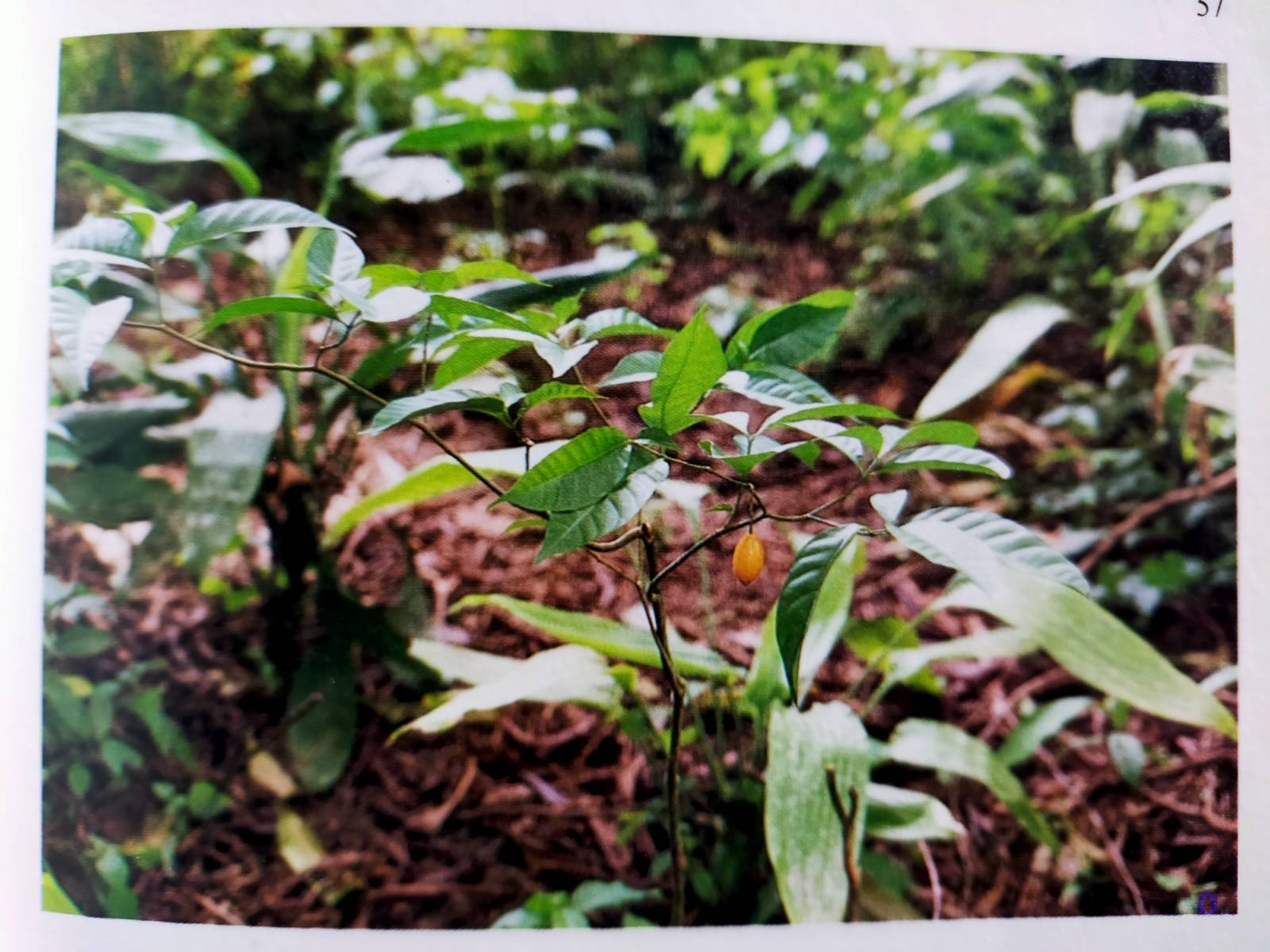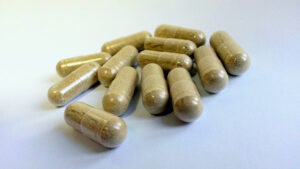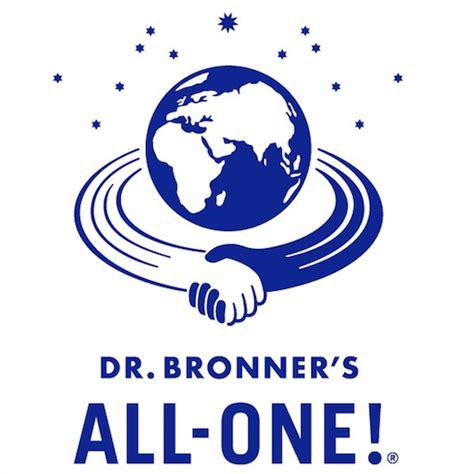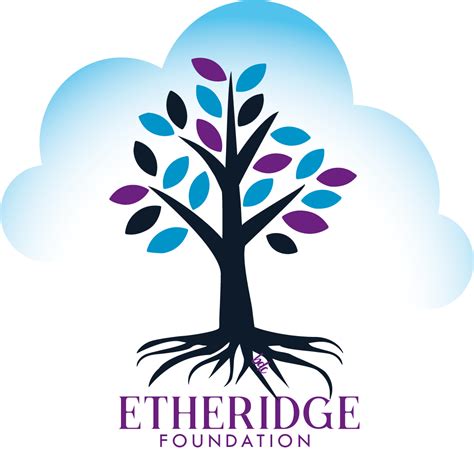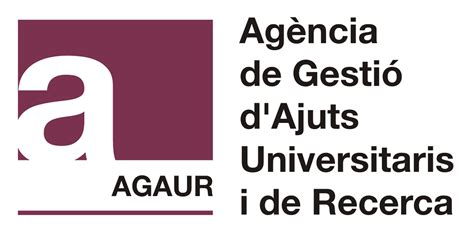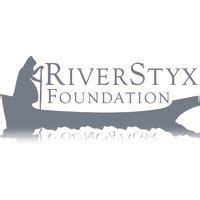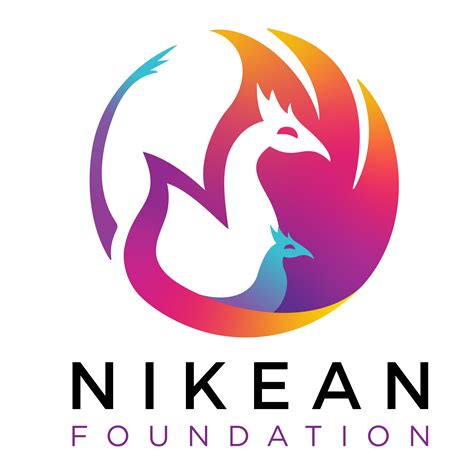
Our organization is committed to advancing clinical research and supports the development of evidence-informed policies. In 2020, ICEERS launched the first-ever Phase II clinical trial examining the efficacy of ibogaine for opioid dependence and detox from methadone. The clinical trial works to create a model that integrates ibogaine, substance use disorder therapy, and state-of-the-art harm reduction.
Why the Clinical Trial?
ICEERS was founded in 2009 after almost a decade of engagement and community building with the ibogaine medical subculture and destigmatization of iboga(ine) through educational efforts with the documentary Ibogaine – Rite of Passage. In 2020, our organization began the first-ever Phase II clinical trial exploring the safety and potential of ibogaine to treat opioid dependency. Conducted at the Sant Joan Hospital in Reus, Catalunya (Spain) with partial funding from the Catalan government, the study is testing a novel treatment protocol with ascending low doses of ibogaine to support 20 patients tapering off of methadone. The primary goal is to evaluate the safety and efficacy of ibogaine in the treatment of methadone withdrawal. If the protocol is successful, this will provide evidence to support its application with shorter-acting opioids, such as heroin. Learn more about the study design and dosing protocol.
The interest in ibogaine as a treatment option for various mental health conditions has been steadily increasing. Prior investigation has indicated that ibogaine has promise for psychotherapy, substance use disorders (SUDs), and personal growth. But there is a difference between what anecdotal reports have shared and what can be replicated in a clinical environment. This clinical trial arose to expand the collective knowledge base on the potential of ibogaine as a treatment option and fill this important gap. The hope is that it supports sensible changes in policy and inspires the scientific community.

Biocultural Conservation & Right Relationship
Ibogaine is only one of the many compounds found within iboga (Tabernanthe iboga), known as “sacred wood” by the people of Gabon. T. iboga is now in a rapid decline in the wild. This is because of the increasing demand for ibogaine and iboga which results in illegal poaching and over-harvesting.
The majority of the ibogaine used in research or by treatment providers comes from iboga. However, it can also be extracted from Voacanga africana, another African tree. Some of the sustainability issues with ibogaine may be addressed by sourcing ibogaine from V. africana, cultivated iboga (exported following the Nagoya Protocol), or through developing synthetic options. The ibogaine for the ICEERS clinical trial is sourced from Voacanga africana.
We have been working to assure the globalization of ibogaine happens in a way that strengthens local communities in Africa through right relationship and benefit sharing. We have conducted a global ibogaine assessment including fieldwork in Gabon to look at the challenges presented by the increasing interest in iboga/ine and the collective aspirations of the people who have carried this knowledge. This initiative engaged with the international community to crowdsource opinions and ideas about what an ideal future looks like for iboga and ibogaine in global society.
In addition, we have been partnering with Blessings of the Forest in Gabon who are dedicated to implementing anti-biopiracy and extraction mechanisms and a path towards equitable, community-based iboga sources with partners in Gabon. This effort became part of the Indigenous Medicine Conservation Fund in 2022.
The interest in ibogaine as a treatment option for various mental health conditions has been steadily increasing. Prior investigation has indicated that ibogaine has promise for psychotherapy, substance use disorders (SUDs), and personal growth. But there is a difference between what anecdotal reports have shared and what can be replicated in a clinical environment. This clinical trial arose to expand the collective knowledge base on the potential of ibogaine as a treatment option and fill this important gap. The hope is that it supports sensible changes in policy and inspires the scientific community.
Further Info on the Ibogaine Clinical Trial
Further Materials on Iboga & Ibogaine
Further Materials on Iboga & Ibogaine
Documentaries
Other ICEERS Studies on Ibogaine

Ayahuasca-Induced Personal Death Experiences



Setting Factors and Ibogaine Safety

Adverse Events of Ibogaine in Humans

Media Mentions
Will Ibogaine Fit into the Medicalized Psychedelic Landscape?
Lucid News, 11 April 2023
Ibogaína en Newsweek: ¿El Revolucionario Psicodélico para Tratar Adicciones?
El Planteo, 4 April 2023
Ibogaine for Addiction: We Need To Have a Serious Talk
Newsweek, 4 April 2023
L’Hospital Sant Joan de Reus i la Fundació ICEERS estan realitzant un estudi clínic amb Ibogaïna per a la deshabituació de metadona
Xarxa Perifèrics, 21 February 2023
The psychedelic ibogaine can treat addiction. The race is on to cash in
The Guardian, 24 January 2023
Los efectos antiadictivos de la ibogaína están relacionados tanto con su farmacología como con los efectos subjetivos inducidos
MARC, 19 December 2022
La ibogaína, ¿realmente les quita la adicción a los consumidores de droga?
Cambio 16, 1 June 2021
USP testa psicodélico ibogaína contra dependência de crack e álcool
Folha de S. Paulo, 29 April 2021
Ibogaine Experience?
Volteface, 10 June 2019
A Special Thanks
In 2022, ICEERS received the first-ever research grant from The Etheridge Foundation for our ibogaine and opioid dependence clinical trial. A special thanks to all of the public or non-profit entities (none of which are affiliated with the pharmaceutical industry) that donated to help make this study possible.

